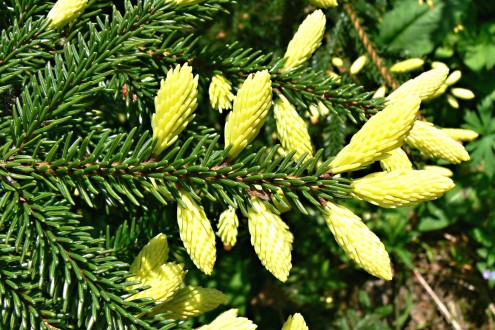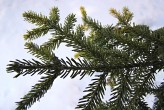Aké cookies vyhodnocujeme?
Základné súbory cookies, tieto súbory cookies umožňujú používanie základných funkcií ako napríklad prihlásenie registrovaného používateľa alebo predvypĺňanie formulárov a zapamätanie si vašich preferencií. Ak tieto cookies zakážete, nemôžeme garantovať plnú funkčnosť našich stránok. Zoznám cookies a ich nastavenie nájdete nižšie.
Pre účely zlepšovania kvality prehliadania zbierame z cookies nasledovné typy informácií. Viac o osobných údajoch nájdete tu.





